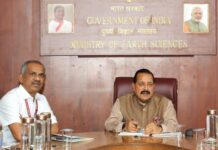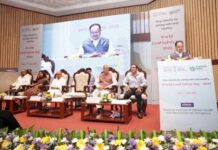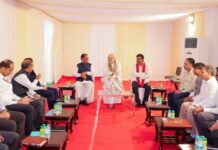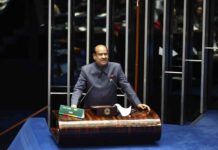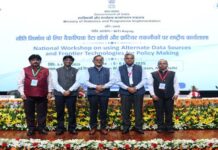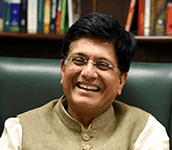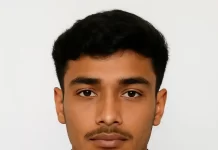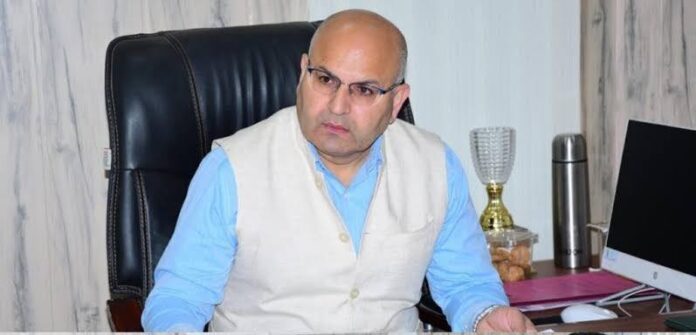Sahil Aggarwal
(Editor-in-Chief)
In a world where public service is often overshadowed by noise, recognition, or political grandstanding, there lived a man who simply chose to serve. Dr. Raj Kumar Thapa, a senior officer in the Jammu and Kashmir Administrative Service, was not a figure often in the news — but he was the kind of officer who built trust in the system from the ground up. His untimely death in a cross-border shelling incident in Rajouri has jolted the administrative and civil society alike.
The tragic event occurred on May 10, 2025, when a mortar shell fired from across the border struck his official residence in Rajouri, a border town frequently impacted by ceasefire violations. The irony is bitter — a man devoted to stabilising border communities lost his life inside the very home from which he helped govern them.
Dr. Thapa’s journey was remarkable in its quiet dignity. Originally from Doda district, he trained as a doctor before choosing a different path — one that would put him at the service of communities, not just patients. Joining the JKAS in the early 2000s, his career spanned over two decades of postings across some of the most challenging terrains and volatile districts in the Union Territory.
Despite the complexities of working in conflict-sensitive regions, Dr. Thapa remained calm and consistent. Known for his soft-spoken manner and hands-on approach, he was often seen on the ground, even in remote villages. Whether it was addressing developmental delays, mediating local tensions, or ensuring relief reached the right people, he approached every task with quiet conviction. Those who worked under him recall his firm belief in responsive governance — not from air-conditioned offices, but from dusty meeting halls, health camps, and door-to-door surveys.
In Rajouri, his efforts focused particularly on improving local infrastructure, education access, and healthcare delivery. In 2023, when a sudden spike in child illnesses raised alarms in a tribal hamlet, Dr. Thapa personally led the coordination between health authorities and district officials, dispelling panic and ensuring swift action. It wasn’t a headline-grabbing story, but for the families of that village, he became a symbol of reliability — someone who showed up when others didn’t.
His death brings attention to a vital truth: civil officers like Dr. Thapa form the silent backbone of governance in India’s border and rural belts. They do not carry arms, nor do they operate under the banner of valorised heroism. Yet, the risks they face are real. To govern a border district is not merely a logistical challenge — it is a psychological and emotional commitment. One must balance development with diplomacy, sensitivity with structure, and urgency with long-term vision.
What makes Dr. Thapa’s story particularly painful is the civilian nature of his sacrifice. He was not a soldier in a uniform, but his commitment to the country was no less. He didn’t choose the battlefield, but he chose to remain posted in an area where danger often arrived unannounced — as it did that morning.
His legacy should not fade into another government condolence or folded flag ceremony. His work deserves continuation. His ideals demand institutional memory. One way to honour him could be to strengthen protective infrastructure for civil servants in vulnerable districts, improve coordination between civil and security establishments, and create a mechanism that formally documents and recognises the contributions of non-uniformed public servants in high-risk zones.
In remembering Dr. Raj Kumar Thapa, let us also reflect on the thousands of public servants across India who serve without expectation, recognition, or noise. Let us acknowledge that nation-building is not just about war rooms and policy desks, but also about the tireless efforts of those who walk muddy paths to deliver pensions, verify school construction, or calm the fears of shell-shocked villagers.
Dr. Thapa’s passing is a solemn reminder that the foundation of Indian democracy rests not only on its laws or leaders but also on its quiet guardians — the ones who serve simply because someone must.
And now that his voice has been silenced, it becomes our responsibility to carry his story forward. Not just in words, but in a renewed respect for those who serve not for reward, but for the simple reason that it matters.






